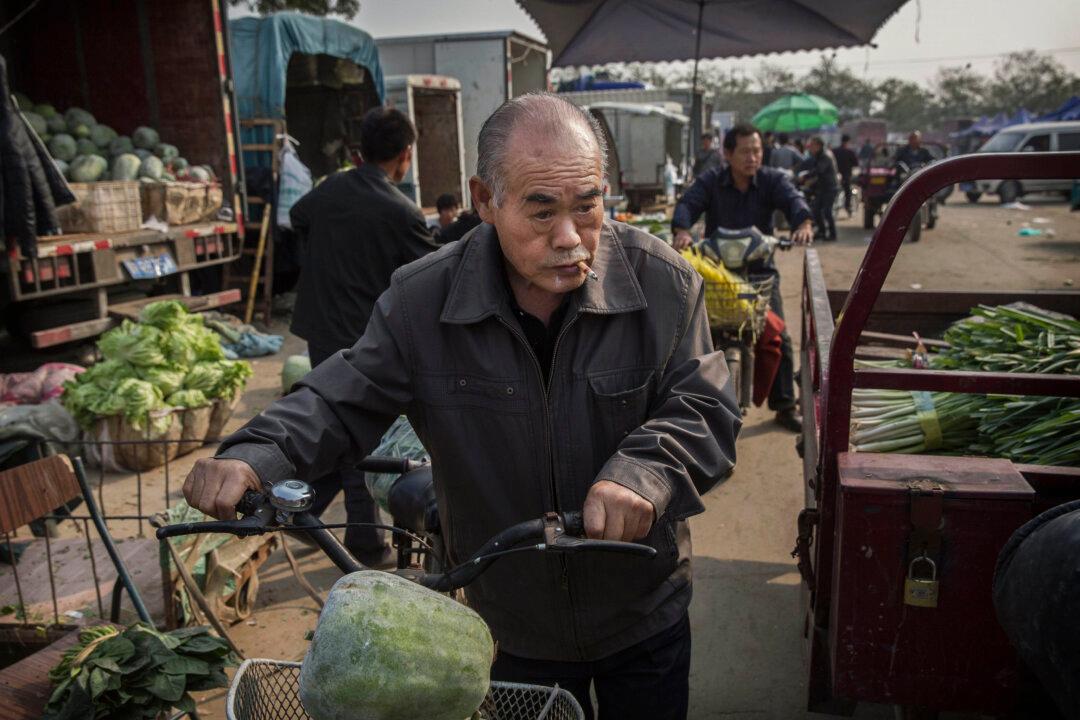China Vanke Co. Ltd., the world’s biggest residential real estate developer, has doubled down on efforts to blunt its top shareholder in an ongoing fight for control of the company.
The company—one of China’s most well-known firms—has been mired in an eight-month long dispute with No. 1 shareholder Baoneng Group, after the little-known insurance company began to amass Vanke shares late last year. Baoneng’s goal is to wrest control of Vanke from Wang Shi, the company’s founder and chairman.
Vanke’s latest gambit was a proposed asset purchase in Shenzhen via new stock issuance that would dilute current shareholders in an effort to stave off Baoneng’s increasing influence. Vanke’s future could come down to an investor vote on the plan.
The shareholder battle has intrigued market participants due to an almost shocking level of confrontation in a country where private ownership of companies is still maturing and negotiations are done in an orderly manner and behind closed doors. Wang called Baoneng a “barbarian,” a reference to the 1988 hostile takeover of RJR Nabisco by Kohlberg Kravis Roberts & Co. In turn, Baoneng accused Wang of not putting shareholders first and sought his ouster from Vanke’s board.
A Shenzhen Gambit
Vanke’s latest maneuver is a purchase of assets from state-owned Shenzhen Metro Group for 45.6 billion yuan ($6.9 billion) through new stock issuance. Vanke’s stock sale would dilute Baoneng and other investors’ ownership stakes. If approved, Shenzhen’s subway operator would assume the title of single largest shareholder, surpassing Baoneng’s stake.
In a statement last week, Vanke said that if the deal is consummated, Shenzhen Metro would hold 20.65 percent of its shares, exceeding Baoneng’s 19.27 percent after dilution. Before the sale, Baoneng through several subsidiaries and affiliates, had accumulated close to 25 percent of Vanke’s outstanding shares.





